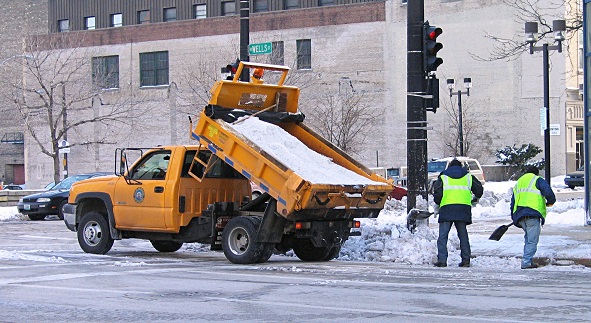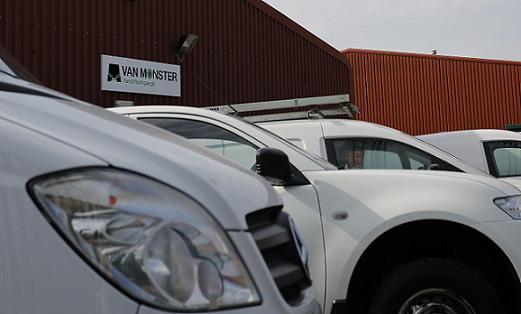
Causing treacherous driving conditions, slowing down our everyday lives and making everything more dangerous, snow can play havoc with our businesses. While we’re still waiting on the white stuff appearing this year, its imminence is well-publicised.
Snow can have a huge impact on how our business operates, as past winters have illustrated. Back in 2009 when Britain received its worst snowfall in some 18 years, it was estimated that UK businesses lost around £1 billion, with some 6.4 million people failing to make it into work.
However, information sourced by fabric structure manufacturer Rubb Buildings suggests that North East councils are doing all they can to safeguard your business this winter. Durham and Northumberland councils have the second and third highest levels of road salt stocked for winter 2016/17, with 42,580 and 37,000 tonnes respectively.
This is a smart move, considering that these regions receive some of the highest number of sleet and snow fall days on average each year (between 20 and 50 days). Clearly, the amount of road salt stocked takes this into account, as well as the amount used in previous years. In 2015/16, Durham Council stocked 42,000 tonnes of salt and spread 31,311 tonnes across the region. Likewise, Northumberland Council had 36,000 tonnes of road salt available and used 20,000 over the course of the winter.
While both councils stock significantly more road salt than what was used throughout the previous winter, many businesses will be glad to see precautions in place should we receive a large amount of snow this year. This will help prevent a situation like what the country experienced in 2009, where unprecedented snow storms left businesses at a standstill. Road salt was rationed as Britain used a huge 25,000 tonnes of road salt a day to grit main roads and motorways, despite suppliers only being able to provide 30,000 tonnes a week.
Essentially, North East councils are doing all they can to keep the region’s roads safe and snow-free — and your business operating as it should
















